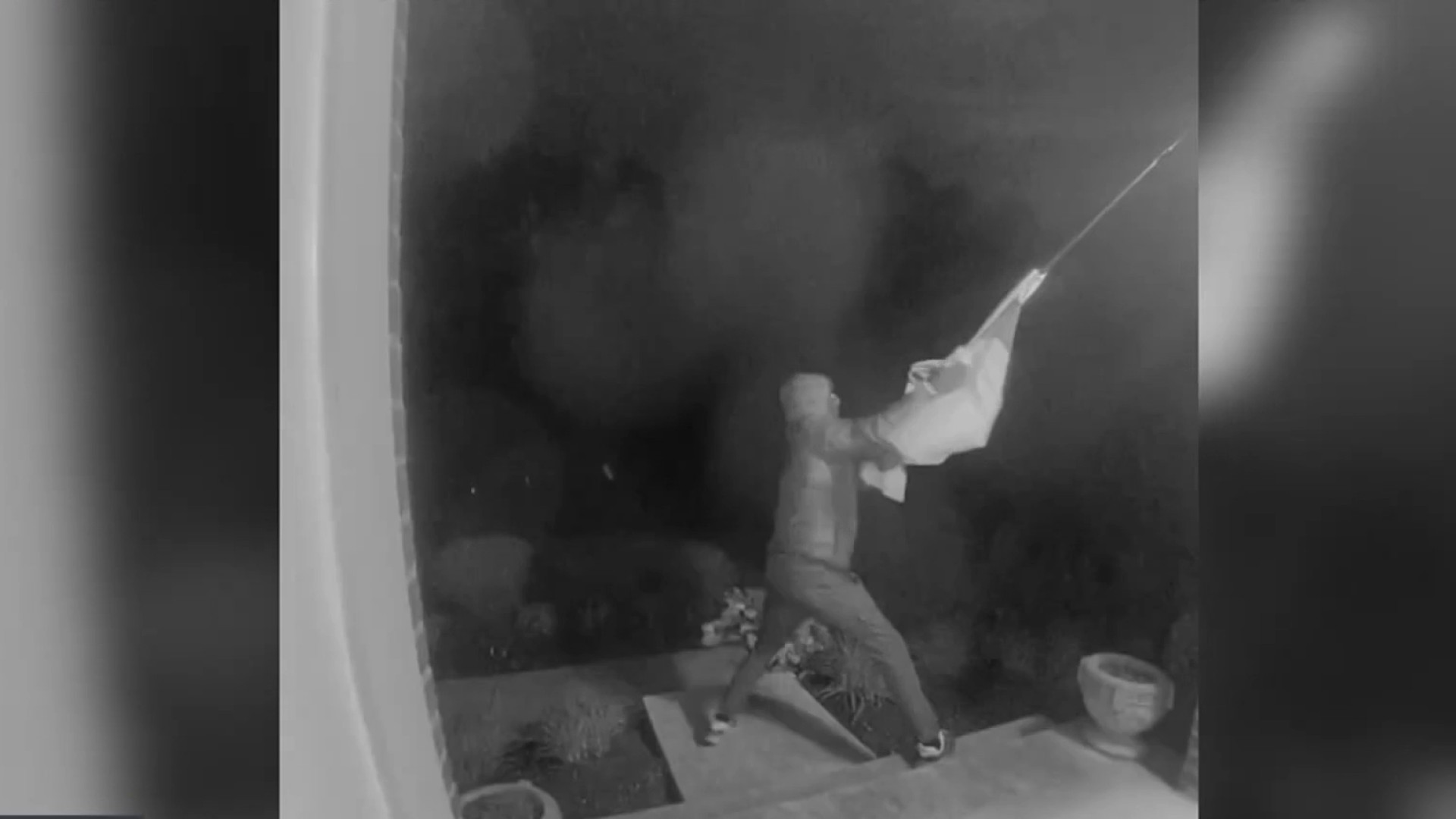Should we close the Washington Monument?
That soaring national icon celebrates our nation’s first president and our freedom, but the security bureaucrats are at it again.
The National Park Service is back with several plans to provide a security screening station for the tens of thousands of tourists who queue up for the chance to go inside, ride an elevator to the top and peer out ridiculously small windows to the ground 555 feet below.
Washington Post cultural and architectural critic Philip Kennicott wrote bluntly about the latest plans, worrying about “security authoritarianism” and “security hysteria.”
He wasn’t talking only about scarring the graceful ground on which the monument sits, but also the overwrought approach to security that has destroyed much of official Washington.
Kennicott suggested that rather than imposing yet another high-security screening station, the Park Service could simply close the monument’s interior to visitors.
Of course, that’s not one of the options the Park Service is considering, but Kennicott is on to something.
Local
Washington, D.C., Maryland and Virginia local news, events and information
Close the Washington Monument to tourists and other visitors. It would give new meaning to what Americans are willing to put up with in the name of “security.”
• A little history.
After Sept. 11, 2001, the Park Service -- in what Kennicott called “security panic” -- sought permission to build a massive underground visitors center adjacent to the Washington Monument. Fortunately, in the name of openness and freedom, or maybe just high costs, that plan was abandoned.
Instead, a graceful, low wall was built around the monument, ensuring that no truck bombers could approach.
The latest plans are now open to public comment.
Here’s my solution: Let’s close off all of monumental Washington. Let’s erect a 20-foot-high fence from Capitol Hill to the Kennedy Center on the Potomac and ban all vehicle traffic. We can make a few pedestrian entrances here and there for the public. We can hire the Walt Disney Co. to design cool-looking, patriotic monorails that remind us of our freedom-loving history, but not too much of it.
In short, we can become a theme park. Maybe we could even have a Ferris wheel on the Mall itself. We’ll have such fun and no one will realize that fear and foolishness closed the nation’s capital.
• More (Fenty) foolishness.
Mayor Adrian Fenty is continuing his farewell tour. He’s been interviewed here and there and has written a couple of op-ed position papers with departed Schools Chancellor Michelle Rhee.
In all of this, Fenty is either purposely giving the impression, or allowing the impression to be left, that he lost his re-election bid because of school reform.
The latest crime scene for this rewriting of history came last week. It was on the HBO show “Real Time With Bill Maher.” The Washington Post reported that on the show, Fenty blamed his defeat on school reform and the bad economy. And it quoted him as saying, “This is an election where incumbents had to be wary.”
The Post also quoted one sympathetic Maher panelist as saying, “You do big things, you serve one term.”
Good grief.
Fenty should only wish that he lost re-election because of school reform. The Notebook figures that might account for 20 percent of the vote against him, or less.
Fenty lost because -- for still-unexplained reasons -- he turned his emotional back on every interest group, community leader and citizen in the city. Even Vincent Gray has said he would have never run for mayor if Fenty had only occasionally talked to him during the previous three years.
A year before his defeat, Fenty was being told that he had to repair fences with all sorts of business and community leaders who found him insultingly distant and dismissive. He had none of it. And he paid dearly.
It seems the national media, as it is preparing these distorted views of what happened, has not paid attention even to Fenty’s own words. Just before the September primary, when it was too late, Fenty finally seemed to grasp that he was losing.
In a debate sponsored by The Washington Post, NBC4 and WAMU 88.5, Fenty painfully pleaded for a second chance with voters. He said he recognized that if he lost, he would have “only himself to blame.”
It was true in September, and it’s still true, no matter how doggedly Fenty attempts to rewrite recent history.



